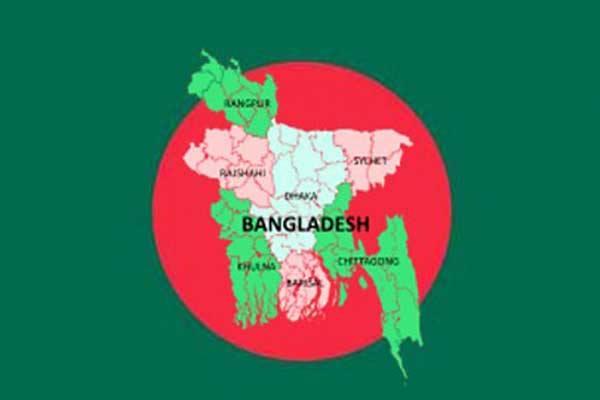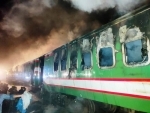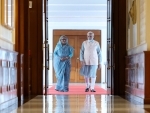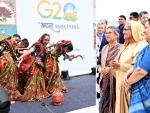Column

Genocide Remembrance Day
On March 25 the genocide was launched under Operation Searchlight. The University of Dhaka was attacked and a large number of students were killed. Death squads roamed the streets of Dhaka, killing some 7,000 people in a single night, says a report filed by noted journalist Simon Dring. Within a week, half the population of Dhaka had fled, and at least 30,000 people were killed, say thousands of historic reports.
Narrating the atrocities in Dhaka University on this day, US Consulate in Dhaka reported that naked female bodies in Rokeya Hall of Dhaka University were found “hanging from ceiling fans with bits of rope,” after apparently being “raped, shot, and hung by heels” from the fans.
{special_block_1}“Here in Dacca we are mute and horrified,” wrote Archer Blood, the then American Consular General and a witness to the genocide and reign of terror let loose by the Pakistani military with the help of local collaborators. In a telegram to different American consulate offices and embassies around the world on March 27, 1971, Blood said, “Evidence continues to mount that the Martial Law authorities of Pakistan have list of Awami League supporters whom they are systematically eliminating by seeking them out of their homes and shooting them down” with the help of their local collaborators.
Independence of Bangladesh was achieved after nine months of relentless war beginning on the night of March 25 against the occupation forces of Pakistan and their local collaborators including Jamaat that was the most organized and most active among the collaborators. During this period the Pakistani forces and their local collaborators committed monstrous war crimes that left more than three million people killed and over 250,000 women sexually assaulted, let alone the planned elimination of the best Bengali brains of the soil to deprive the yet-to-be-born country of able leadership. Dr Geoffrey Davis, a physician who worked in Bangladesh during the liberation war on request of World Health Organization (WHO) estimated that the commonly cited figures of rape victims were ‘very conservative’ compared to real numbers.
During the liberation war, it was the local collaborators of the occupying Pakistani forces who provided intelligence to the Pakistani soldiers about the whereabouts of the freedom fighters and their supporters / sympathizers; abducted and killed them with the help of Pakistani forces in various army camps and killing zones; burnt their homes and looted their properties; kidnapped Bengali women by thousands, trafficked them to various Pakistan Army camps across the country; and molested / raped young girls.
Pak army personnel accompanied by local collaborators comprising al-Badr, al- Shams and Razakar militias formed by Jamaat used to conduct night time raids sexually assaulting women in front of their families - raping married women in presence of husbands, daughters in front of their mothers and mothers in front of daughters - to terrorize the families of freedom fighters. Young girls and women were kidnapped and kept in special army camps where they were repeatedly raped / gang raped. Many of those held in the army camps were murdered after being raped or they committed suicides out of shame.{special_block_2}
Time magazine reported on the plight of the girls who had been kidnapped and kept in military camps turned in to brothels: “One of the more horrible revelations concern Bengali women, some only 18, who have been held captive in Dhaka’s dingy military cantonment since the first day of the fighting. Seized from Dhaka University and private homes and forced into military brothels, the girls are all three to five months pregnant. The Army is reported to have enlisted gynecologists to abort the girls held at military installations. But for those at Dhaka cantonment it was too late for abortion. The military has started freeing the girls, few at a time, carrying the new born babies”.
Testimony of prosecution witnesses in the ongoing war crimes trials brings back the unimaginable magnitude of horror and brutalities perpetrated by the Pakistani forces in collaboration with Jamaat during the liberation war. From the testimony one can visualize in excruciating details the barbaric and gruesome manner in which the freedom fighters were killed / maimed and the women sexually assaulted and their bodies mutilated and dumped in sewer pipes or mass graves. A vivid picture of killing / maiming of freedom fighters, destruction of homes and properties and thousands of dead bodies with hands tied at the back floating in ponds and rivers, the rapes, and ordeal of the rape victims emerges from their testimony.
Bangladesh parliament has rightly adopted a resolution declaring March 25 as ‘Genocide Remembrance Day’ to commemorate the brutalities conducted by the atrocious Pakistani forces and their local collaborators.



